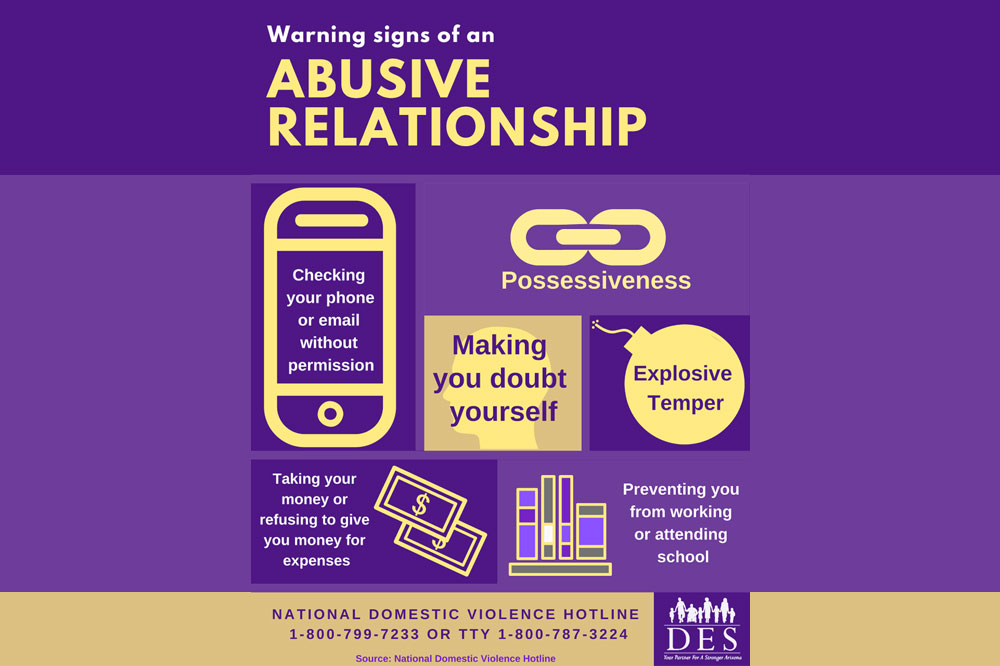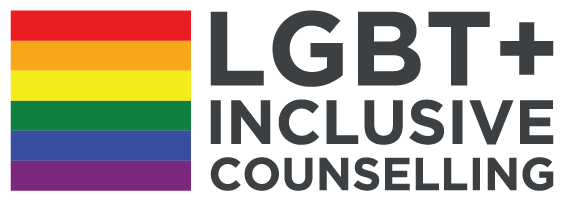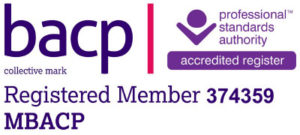Most of us are taught that other people’s relationships are not our business and that they are private and personal. So, when we see one going very, very wrong, it can be incredibly difficult to know how to intervene. We might even feel like we shouldn’t. When we’re a friend on the outside looking in, what’s really clear to us is frequently not clear to the person who’s in the relationship. If somebody punched us on the first date, it would be the last date. But because abusive behaviour can sneak up on us — it starts out as adoration and excitement and being whisked off our feet and all these narratives we have for what it means to fall in love — it can be surprisingly easy to go along with it.
With roughly 25% of women and 10% of men experiencing intimate partner violence in their lifetime, the chances that this will, at some stage, happen to someone we know and care about are unfortunately high. Yet even when this is clear to us, as someone outside the relationship, it can be difficult to know when and how to act. Here are some common red flags to look out for, which can help us to be more confident that we’re seeing something we need to intervene in:
Red flag #1: A friend becoming increasingly isolated from us or things they like to do. This is a first sign that’s frequently missed, because of how we normalize this aspect of relationships. We expect someone to disappear when they’re in the honeymoon phase. But we should pay attention if this becomes prolonged or unusual. If somebody we usually spend lots of time with is not available and is making excuses for not being available, or if they never engage in social activities they were always very excited and keen to participate in before, that could be a red flag.
Red flag #2: Unexplained injuries or pain that someone isn’t willing to talk about. While many abusers will take care to cause injuries that can’t easily be seen, or even ones that don’t leave a mark, you might notice your friend has had a sudden spate of “accidents” that seem out of character. Be on guard for frequent mentions that they shouldn’t do or wear certain things that will “upset” their partner. Or, if they seem to need permission to spend money.
Red flag #3: Emotional and financial abuse. Sometimes this will take place out in the open — with an abuser belittling, controlling or otherwise treating their partner badly in front of family and friends. But our friend may try and compensate for this by apologizing or claiming they caused their partner to behave this way. Conversely, they may seem like they’re taking behaviour like this in their stride; we might even hear them tell us “I can handle this.” This is the “helper mindset”, and it’s something abusers can prey on, they recognise “this is somebody who’s inclined to help and support others” so an abusive person takes them in: “I need you; I love you”. Whether our friend is over apologizing or overcompensating, we need to try and be aware of behaviour that’s not normal for them or doesn’t seem right to us — especially if it’s changed since their relationship started. It’s also important to remember, that people in abusive relationships don’t always seem downtrodden, as we might expect. This isn’t weakness, they’re in a very complicated relationship.
If these red flags have been popping up and we feel this is a situation we want to speak to our friend about, the next step is to find a way to get them alone. This must be a one-to-one conversation, especially if we’re concerned that their partner may have access to their phone or other devices. Keep things light and simple and normal in the context of that person’s life, the last thing we want to do is put them at further risk of harm. There may be an activity or a work-related project we can meet with them to discuss, and it needs to be something that their partner wouldn’t have reason to attend. How we open this conversation will be incredibly important. We need to go in with an entirely non-judgmental approach and be prepared to listen to and accept whatever we hear. We need to keep in mind that much of this person’s own agency and control has been taken away by their abuser, so our job is to restore that. We don’t have to like it, but we must honour their choices, while making it clear that we care, and this is about wanting the best for them and wanting to be sure they’re safe.
A gentle opening could be: “The first thing I want you to know is that I love you and I want what’s good for you. I’m always on your team, no matter what. I felt uncomfortable the other day when I saw this happen …”. We can describe the incident we saw, keeping our account brief and focusing on the behaviour we witnessed, not on the partner themselves, as this may cause our friend to be defensive. Or we could point out we’ve noticed they’re not coming to social events anymore: “I wonder what’s going on for you? Things seem different than before,” or “How safe do you feel? What would you like me to know about what’s going on for you?”. The key in all of this is to listen, and to ask open ended questions, to come from a place of curiosity and care, as opposed to judgment, and be open and willing to hear what comes next.
We need to accept whatever response they provide. They may brush off our concern, or the floodgates may open. Take their lead and validate their feelings — including the fact that they love their partner. None of us wants to think badly of the person we love. There’s a reason we fall in love, and there is that cycle of abuse so they’re not a monster all the time. We can be like a flower desperate for the sun; when it’s good, it feels wonderful.
After this first conversation, our main job is to keep the lines of communication open with our friend. We want to be someone they feel safe speaking to if things become dangerous, but it may take a long time for them to even acknowledge to themselves that they are experiencing abuse. We’ve planted that seed, and they may have some shame they need to deal with before anything more can happen. The average person takes 7 attempts to leave an abusive relationship, so, if we get frustrated when they don’t leave the first time, and we stop taking their calls, all we’re doing is empowering the abusive person to have more control over them.
It’s very important to take care of ourselves during this process. It’s not easy to watch someone we care about being hurt, and it doesn’t get easier with time. We need to make sure we have someone to talk to, without disclosing anything that would make our friend unsafe. Our friend might divulge unhappiness to us, and then try and deny it later. This inconsistency can be really challenging, but it is a product of the relationship they’re in. One of the most important things we need to accept is that they may not leave their partner quickly — or at all. We simply need to keep reinforcing to them how much we care and that we’re always there, no matter what. Leaving happens over time and there may be small daily acts of resistance that we might not even be aware of.
If we are concerned that our friend — or any children who may be living with them — are in physical danger, we may need to consider escalating our efforts. We may need to find another trusted friend or relative of theirs to speak to, do some planning for their safety, like finding out what domestic violence services are available in their area, and identifying a place they could stay if they need to leave their home suddenly. In the end, a person’s life is far more important than our relationship with them, and if this means intervening against their will in a very threatening situation, we may have to do so. It’s always best to seek the guidance of a local domestic violence service or organization if we have these concerns; they are best equipped to offer the support needed. Here’s a good place to start in Devon https://www.splitz.org/devon.html
We’ve been taught forever that relationships are hard, and we should have to work hard at them, but knowing the difference between healthy compromise and being slowly diminished by a partner is a vital one — and it will often remain up to those of us on the outside to notice and to intervene.




